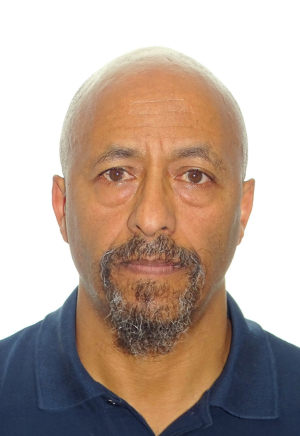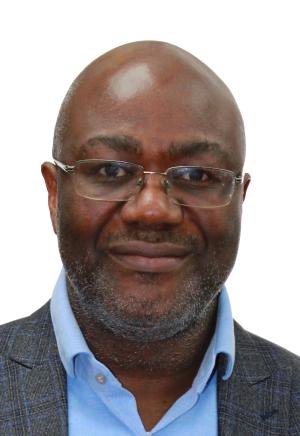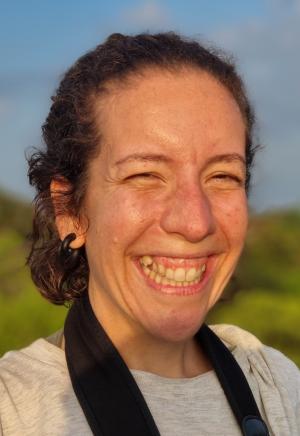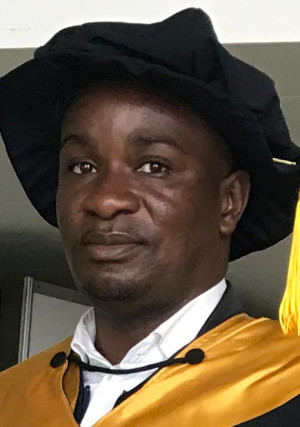Grants for Cooperation on Sustainability Science with CAS-TWAS Centres of Excellence
The call is closed
Partner Organizations
Country where tenable
Minimum degree held
-
Field
Age limit
None
Up to six grants in total are available, one per Centre of Excellence. Each collaborative grant will be RMB 600,000 in total. Since the supported projects will be two years in duration, RMB 300,000 per year will be provided.
While the aim of the grant is to support mainly in-person collaborative projects through research visits and/or student exchanges, up to 30% of the total funds can be used for equipment and/or consumables. The grant may also support participation in a training workshop at the collaborating CAS-TWAS Centre of Excellence.
Application doc(s):








